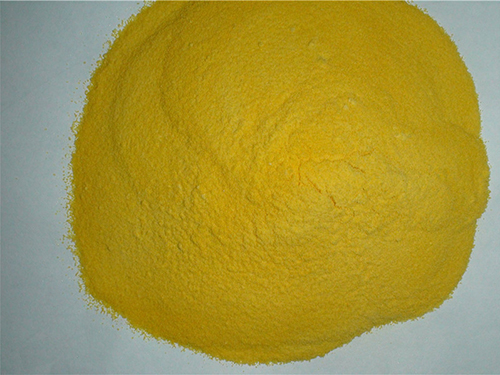anionic polyacrylamide
Anionic Polyacrylamide A Versatile Polymer for Water Treatment and Beyond
Anionic polyacrylamide (APAM) is a water-soluble polymer widely used in various industries due to its exceptional properties and versatility. With a strong negative charge, this polymer plays a crucial role in applications such as water treatment, agriculture, and even mining. This article explores the characteristics, synthesis, applications, and environmental aspects of anionic polyacrylamide.
Characteristics of Anionic Polyacrylamide
Anionic polyacrylamide is derived from acrylamide, a colorless and odorless crystalline compound. This polymer is produced through a process known as polymerization, where acrylamide monomers are linked together to form a long-chain polymer. The chemical structure of APAM includes carboxyl groups, which impart anionic characteristics and enable the polymer to interact readily with positively charged particles in solution.
One of the defining features of APAM is its high molecular weight, which can range from several thousand to millions of daltons. This high molecular weight contributes to its ability to form viscous solutions and engage in strong flocculation, making it an effective agent in various applications, particularly in the context of water treatment.
Applications of Anionic Polyacrylamide
1. Water Treatment APAM is extensively used in municipal and industrial water treatment facilities. Its flocculating properties allow it to aggregate fine particulates, making it easier to remove impurities from water. By binding with suspended solids, APAM aids in the formation of larger flocs that can be settled or filtered out, resulting in clearer and cleaner water.
2. Soil Stabilization In agriculture, anionic polyacrylamide is used to control soil erosion and improve water retention in soils. When applied to soil, APAM enhances the soil's structure by binding soil particles, reducing the leaching of nutrients, and improving moisture retention. This results in increased agricultural productivity, especially in arid regions.
anionic polyacrylamide

3. Mining The mining industry also benefits from APAM’s properties. It is utilized in mineral processing, particularly in the separation of minerals and in the clarification of waste streams. By improving the settleability of mineral particles, APAM plays a vital role in enhancing operational efficiency and reducing the environmental impacts of mining activities.
4. Oil Recovery In enhanced oil recovery techniques, APAM is employed to improve the efficiency of oil extraction from reservoirs. The polymer's ability to increase viscosity helps in mobilizing oil, thereby leading to higher yield rates.
Environmental Considerations
While anionic polyacrylamide is effective in various applications, its environmental impact is a subject of ongoing research. Although the polymer itself is non-toxic and biodegradable under certain conditions, concerns exist regarding the potential release of monomers, such as acrylamide, which can be hazardous in large quantities.
To mitigate these concerns, manufacturers are focusing on producing APAM with lower residual monomer content and ensuring compliance with environmental safety standards. Additionally, extensive studies are underway to understand better the degradation pathways of APAM in different environments to ensure its safe use and minimize any potential environmental risks.
Conclusion
Anionic polyacrylamide is a powerful and versatile polymer with a wide array of applications ranging from water treatment to agriculture and mining. Its effectiveness in flocculation, soil stabilization, and enhanced oil recovery underscores its importance in contemporary practices. As research continues to explore its environmental impacts and improve its application methods, APAM is poised to remain a critical component in various industries, promoting efficiency and sustainability while addressing the challenges of modern consumption and environmental stewardship.
-
Premium Isothiazolinones | Broad-Spectrum Biocidal SolutionsNewsAug.28,2025
-
LK-319 Special Scale And Corrosion Inhibitor For Steel Plants: Advanced Solutions for Industrial Water SystemsNewsAug.22,2025
-
Flocculant Water Treatment: Essential Chemical Solutions for Purification ProcessesNewsAug.22,2025
-
Isothiazolinones: Versatile Microbial Control Agents for Industrial and Consumer ApplicationsNewsAug.22,2025
-
Scale Inhibitor: Key Solutions for Water System Scale PreventionNewsAug.22,2025
-
Organophosphonates: Versatile Scale Inhibitors for Industrial Water SystemsNewsAug.22,2025





